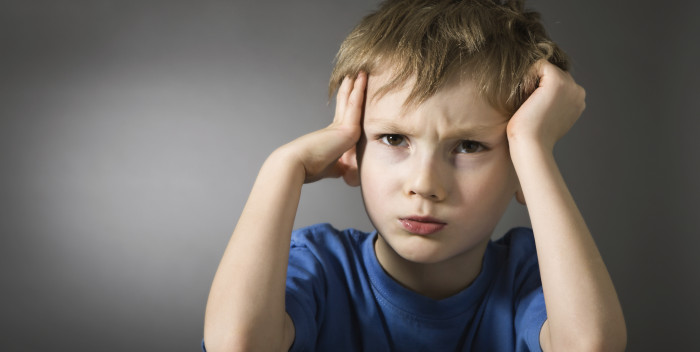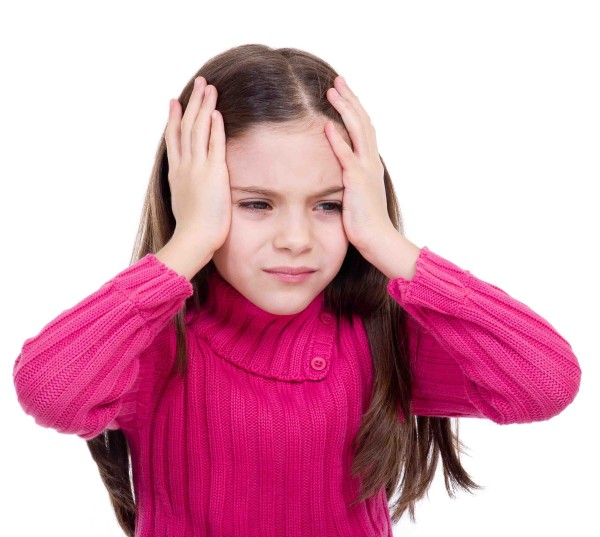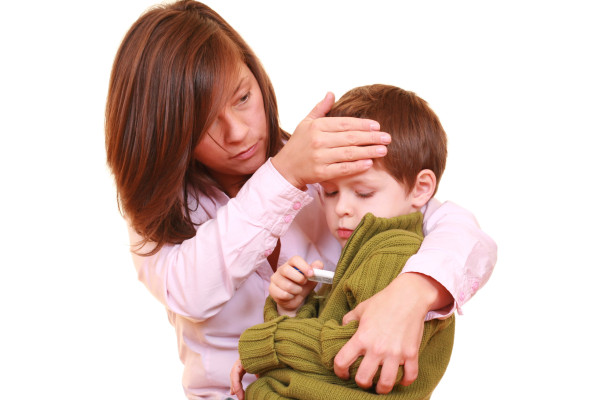Headache in a child: causes and treatment
Very often, parents do not pay attention to the child's complaints about a headache if he does not have a fever. For some reason, a headache is considered a purely "adult" ailment. And the baby's complaints are perceived as fiction or whim. This position is completely wrong.
Content
Causes of headaches in children
Headaches can begin in absolutely any person. And it's not about age at all.
According to the observations of scientists in children, pain of this nature can be provoked by the following factors:
- Vascular disorders caused by poor blood circulation in the brain. This reaction can be caused by worsening weather, insufficient sleep duration, heredity. Therefore, it is very important for the child to observe the daily routine.
- Improper nutrition- modern products, especially processed meat, contain preservatives that cause vasoconstriction. Adults may not notice this, and the child's body is very sensitive to such effects.
- Migraine is a hereditary disease that spreads through the female line. In this case, the child develops a throbbing pain on one side. Often they are accompanied by bouts of nausea and dizziness.
- Neuralgic disorders are manifested by severe periodic pain. Pain appears when coughing, sneezing, or turning your head suddenly.
- Head injuries are common in children. Therefore, you need to carefully monitor how the child behaves after this. If he complains of pain and darkening in his eyes, then you need to seek help.
- Psychological problems and stress provoke severe tension and headache.
- External irritants such as loud noise and bright lights cause headaches in very young children. They begin to cry and be capricious, twist their heads and squint their eyes.
Temperature and headache in a child
An increase in temperature in young children almost always leads to the appearance of a headache. Most often, this condition is provoked by viral infections and influenza. In this case, even a slight increase in temperature causes a severe headache. Antipyretic drugs relieve this condition.
But do not rush to bring down the temperature, because this is a natural reaction of the body to fight the disease. Therefore, it is better not to give the baby an antipyretic agent if the temperature is less than 38 degrees. A cold compress will help reduce pain in the head.
If the headache spreads to the neck and back, it gets worse when the child turns his head - this is a very disturbing symptom. This condition may indicate meningitis. Here you need to take the baby to the hospital as soon as possible.
The combination of temperature and headache can also be with sinusitis. In this case, in addition to these symptoms, the baby will have a stuffy nose all the time, and the discharge from the nose will be green. With such signs, you also need to quickly seek help.
First aid for a baby with a temperature and headache is to provide him with bed rest. Give your baby warm liquid and light food often. Of the antipyretic drugs, it is allowed to give paracetamol or ibuprofen.
Severe headache in a child
A child's complaints about acute pain in the head must necessarily become a cause of concern for the parents. They can indicate serious illness or injury. Especially if, in addition to the headache, the child has a fever, he is tormented by nausea or vomiting.
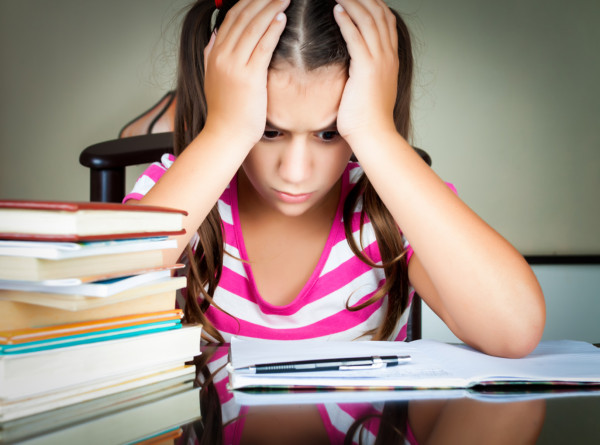 Severe head pain is the result of various inflammations and infections. Various head injuries such as concussions or bruises are also accompanied by acute pain.
Severe head pain is the result of various inflammations and infections. Various head injuries such as concussions or bruises are also accompanied by acute pain.
In all such cases, be sure to show the baby to a specialist as soon as possible. In this case, it is necessary to describe as accurately as possible all the symptoms that appear to him and to note the time when the child began to complain of pain in the head. All this will help to more accurately determine the diagnosis.
What to give a child for a headache
It is best not to use medications to relieve a child's headache. If the pain is not severe, then alternative methods can be used. For example, lay the baby down sleep, put a cold compress on your head.
Only if such techniques do not help, you can give the baby a medicine. The most common headache reliever is paracetamol. They come in different forms and dosages. For very young children, it is best to give these medicines in the form of suppositories. Older children can be given syrup and a lozenge. In this case, it is important to observe the dosage of the medication.
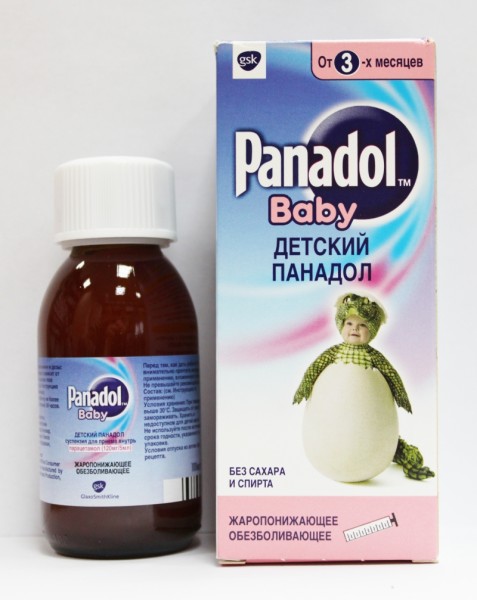 Another headache remedy is ibuprofen medications. They are also sold in different forms. They can be given to children from the age of six months. At the same time, it is better to give the child paracetamol first, only if it does not help, give ibuprofen.
Another headache remedy is ibuprofen medications. They are also sold in different forms. They can be given to children from the age of six months. At the same time, it is better to give the child paracetamol first, only if it does not help, give ibuprofen.
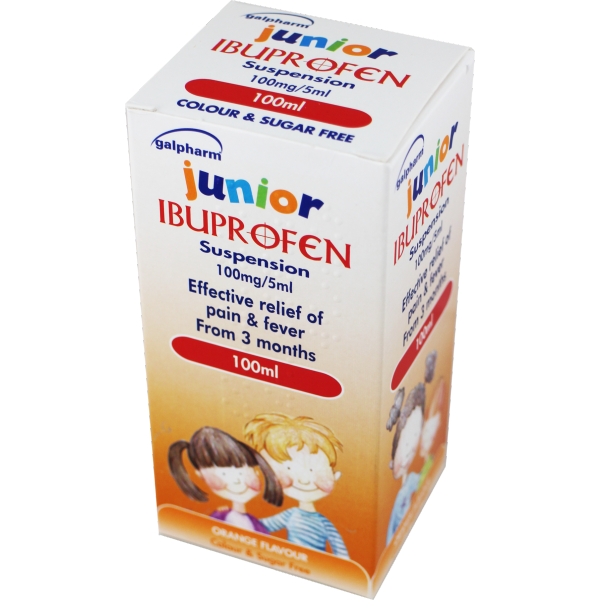 In very severe cases, when the above medicines do not help, you can give the baby Nimesulide. This medicine is powerful, so only give your child half of the prescribed dose.
In very severe cases, when the above medicines do not help, you can give the baby Nimesulide. This medicine is powerful, so only give your child half of the prescribed dose.
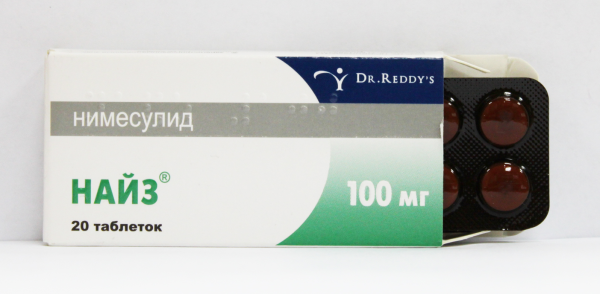 Children should not be given drugs such as Aspirin, Citramon, Analgin and preparations containing it. They have long been recognized as harmful, even for adults.
Children should not be given drugs such as Aspirin, Citramon, Analgin and preparations containing it. They have long been recognized as harmful, even for adults.
